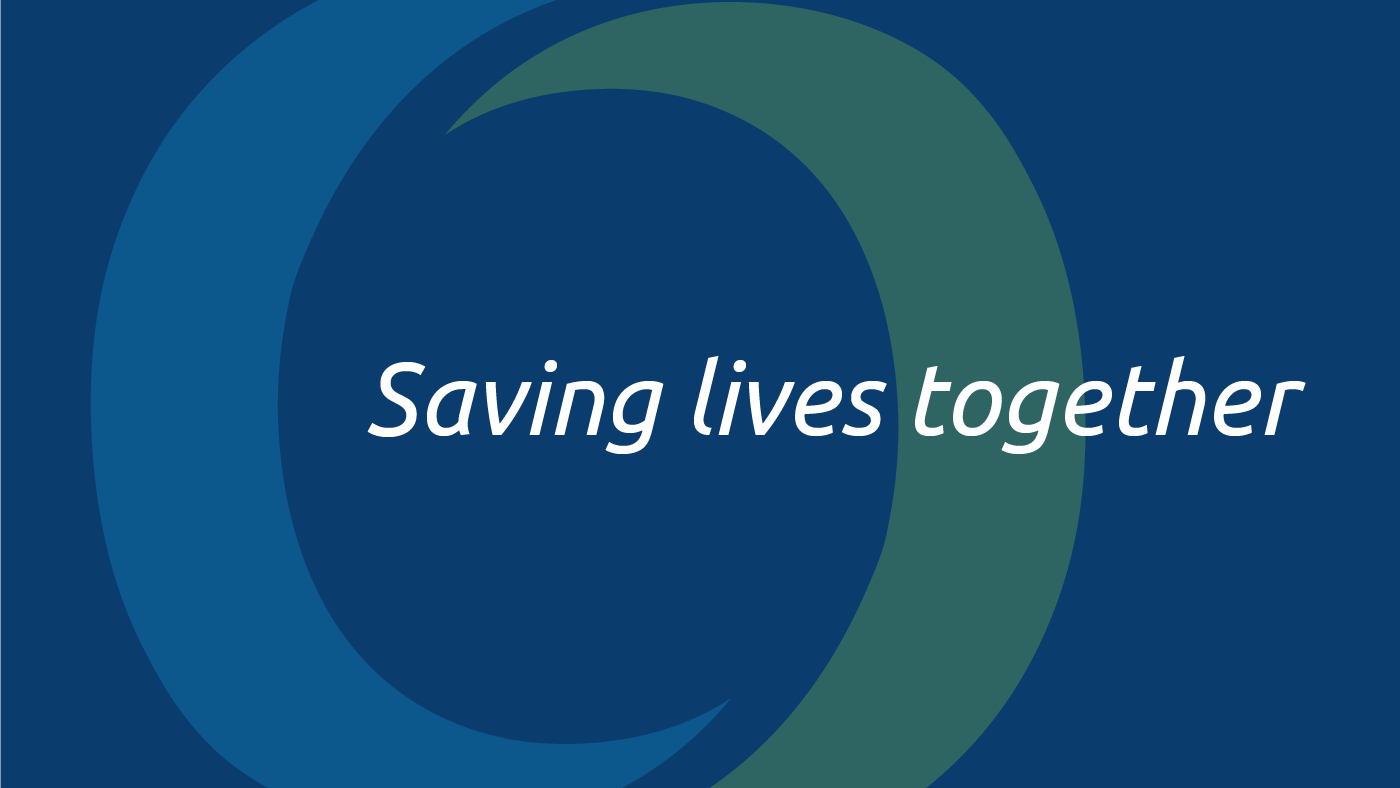The OPTN Expeditious Task Force embarks on ambitious project to save more lives, increase efficiency
Today, the OPTN Expeditious Task Force announced a bold goal of achieving 60,000 successful, lifesaving deceased donor transplants annually in the U.S. by the end of 2026. That number represents a 58% increase in deceased donor transplants over the next three years. United Network for Organ Sharing (UNOS) is the non-profit organization that contracts with the federal government to serve as the nation’s Organ Procurement and Transplantation Network (OPTN).
The task force was created to pursue transformational changes across the nation’s organ donation and transplant system, increasing the number of lifesaving transplants, improving how donor organs are allocated, and increasing the use of all available organs. Members include transplant recipients, patient and donor family members, organ donation and transplant clinicians, community advocates and others, representing the many diverse perspectives of the national system.Twenty percent of task force members have no prior affiliation with the OPTN.
“As the task force name implies, we need to move quicker, be more responsive, and deliver results for the patients we serve,” said Dianne LaPointe Rudow, DNP, president of the OPTN Board of Directors. “The reality is that while the number of transplants continues to grow, so does the non-use of available organs and allocations of organs out of the intended sequence of offers. Increasing transplantation to meet this bold aim is certainly a challenge. But we believe it is achievable with shared commitment to innovation and improvement in the organ allocation and placement process. Of course, any approach to boost the number of transplants must also uphold our commitment to provide all patients the best and most equitable access to receiving a transplant.”
The need for improving efficiency is clear. In the case of kidneys, the most transplanted organ, the number of kidneys recovered from deceased donors increased by 56 percent between 2018 to 2023. Yet the number of kidney transplants only increased by 44 percent, meaning that approximately one quarter of kidneys recovered were not transplanted.
The task force began benchmarking and goal setting with an assessment of the top 20 percent of transplant programs by growth in transplant volume across the country. These institutions represent what is possible for growth in organ transplant and provide invaluable insights and effective practices in pursuit of the task force’s bold goal of 60,000 transplants by 2026. The task force plans to conduct rapid, small-scale trials of innovative approaches to increase organ usage and placement efficiency .
George Surratt, a member of the OPTN Board of Directors and a patient serving on the Expeditious Task Force, recognizes the effort as an opportunity to drive important changes.
“We have the chance with this task force to make a real difference for patients,” Surratt said. “I’ve been the person waiting for that call from my doctor letting me know that an organ was available; that call is life-changing. So I’m excited that our work here today and going forward will ensure that more patients receive that all-important call and that the gifts of generous donors save even more lives. My fellow task force members and I are here with open minds, a willingness to embrace new approaches, and an understanding that the nation’s patients are the driving force behind this effort. It’s an exciting and inspiring time to be engaged in this work.”
The Health Resources and Services Administration (HRSA) the task force’s work, and both HRSA and the Scientific Registry of Transplant Recipients (SRTR) contractor continue to provide feedback and ideas to shape the aims and approaches the task force is .The task force has reviewed recommendations from many sources, including the National Academies of Sciences, Engineering, and Medicine’s (NASEM) 2022 report and the work of the OPTN Ad Hoc Committee on Systems Performance. It also has received and continues to receive input from a variety of stakeholders, including patients, donor families, advocates, medical professionals and transplant leaders. As the task force develops actionable recommendations for new initiatives, it will remain engaged with stakeholders and the general public to guide its critical work.

